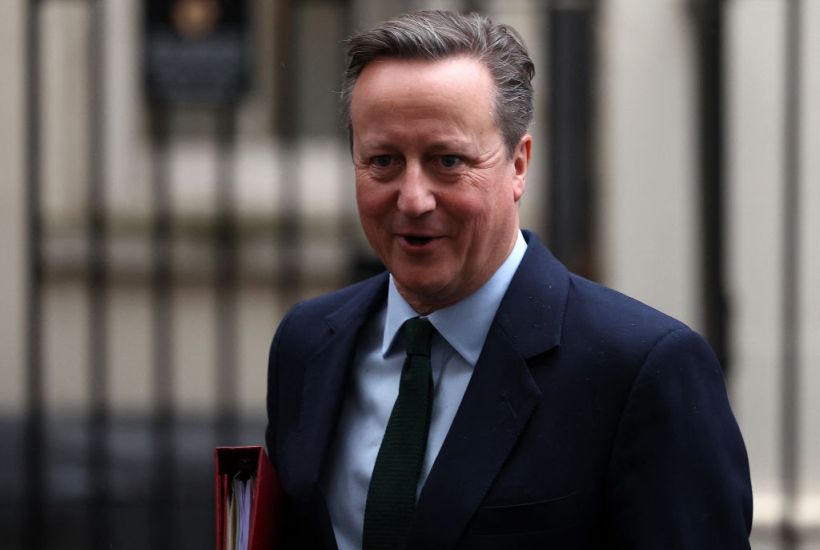The definition of madness, commonly attributed to Albert Einstein, is doing the same thing over and over and expecting a different result. In all likelihood, Einstein never said this, but the formulation is useful for understanding not only madness but western policy in the Middle East. (Admittedly, there is substantial overlap.)
Already a subscriber? Log in
Subscribe for just $2 a week
Try a month of The Spectator Australia absolutely free and without commitment. Not only that but – if you choose to continue – you’ll pay just $2 a week for your first year.
- Unlimited access to spectator.com.au and app
- The weekly edition on the Spectator Australia app
- Spectator podcasts and newsletters
- Full access to spectator.co.uk
Or




















Comments
Don't miss out
Join the conversation with other Spectator Australia readers. Subscribe to leave a comment.
SUBSCRIBEAlready a subscriber? Log in